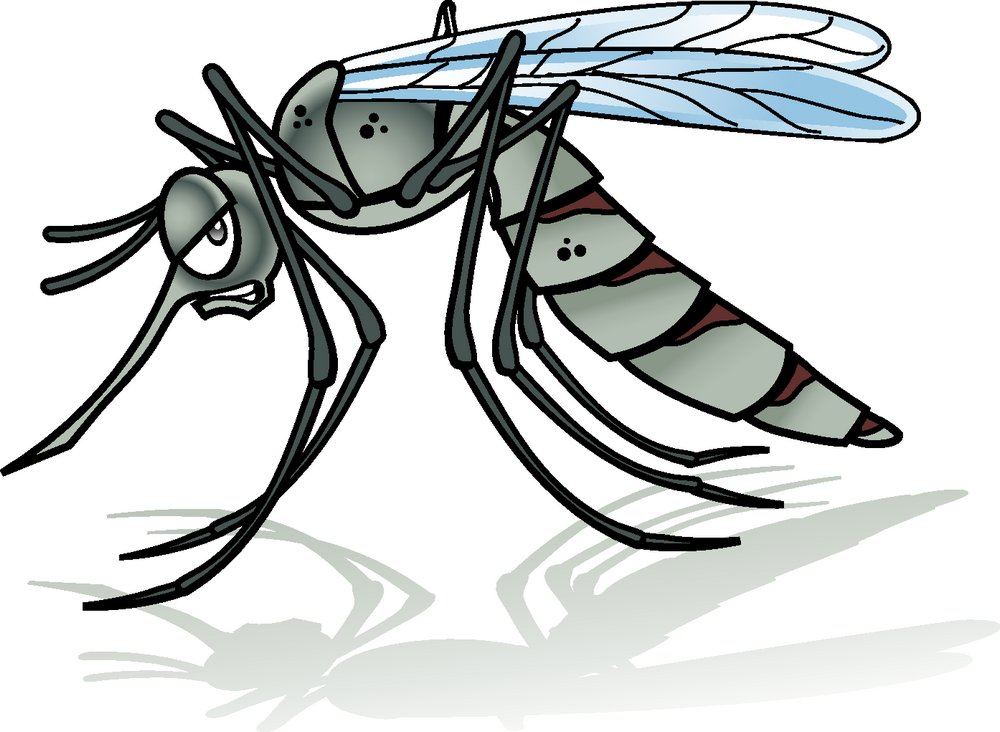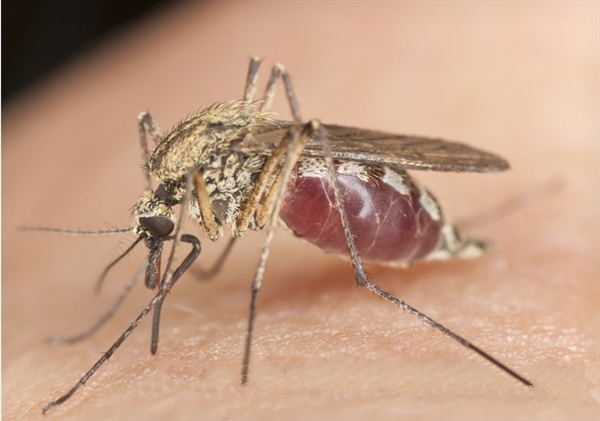Know more about mosquitoes
Author: Bonn 2016-05-25

Mosquitoes a tiny silent killers lurk in our midst
There are over 3000mosquito species worldwide a relatively small number of species transmit dangerous disease only adult female mosquitoes
bite a female mosquito needs one blood meal for every batch of eggs she produces mosquitoes feed on nectar,plant juices and decaying
plant material all mosquitoes have 4 distinct life stages :egg larva pupa and adult mosquito eggs require standing water to hatch into
successful mosquito eggs can survive up to seven years before hatching with a 100% survival rate,a single mosquito could be responsible
for over one billion mosquito descendants in less than a month The mosquito has quite an awful reputation. It has been
called the biggest killer on the planet and the most deadly animal in the world.
With just one bite it can cause great havoc by spreading devastating illnesses like West Nile Virus, Encephalitis, Malaria, Changchun
and even Earthworm in pets.And it’s also as serious a threat as they easily travel across outdoor landscapes and enter our homes and then
bite us from one to one, spreading disease

It's bad enough that mosquitoes suck our blood,and sometimes pass on disease. But there's more.
"They can actually give you a disease and pee on youat the same time. Adding insult to injury if youwill."
"If you look up almost any picture on Google of a mosquito taking a blood meal you'll see aclear drop of fluid hanging out of the rear end of the mosquito. That's actually the
urine themosquito has made from your blood."
That pee production is vital to the mosquito's survival. Because blood is salty. "And as thesemosquitoes digest the red blood cells to get at the proteins and other nutrients
hiding there,they release potassium chloride which can cause depolarization of the membrane potential ofexcitable cells and induce 'excitotoxic death.'" So mosquitoes
andother bloodsuckers have evolved a rapid diuretic process to expel salt from their bodies, usingkidney-like structures. Basically, while still sucking blood, they start peeing.
But Denton and his colleagues found a way to block all that. They developed a chemicalcompound that blocks the bugs' salt-ejecting pores, "sort of like a cork in a bottle."
So whenthe skeeters come in contact with the compound, they swell up—and stay that way. "And insome cases we can actually see the abdomen rupture, because they've
basically overfilled withfood." The study is in the journal Scientific Reports.
The substance doesn't kill honeybees, and it works well on insecticide-resistant mosquitoes,too. So if it turns out to be safe enough to use around humans, the pesticide will
give a wholenew meaning to "bye-bye, sucker!”
Previous:Bye-bye, sucker
Next:暂无下一篇

